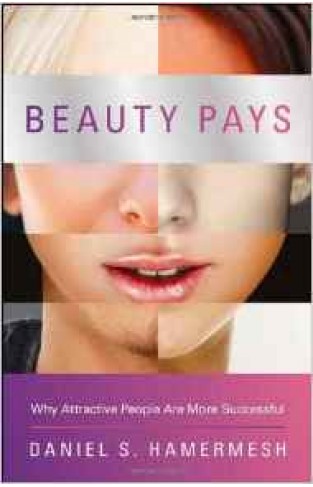Most of us know there is a payoff to looking good, and in the quest for beauty we spend countless hours and billions of dollars on personal grooming, cosmetics, and plastic surgery. But how much better off are the better looking? Based on the evidence, quite a lot. The first book to seriously measure the advantages of beauty, Beauty Pays demonstrates how society favors the beautiful and how better-looking people experience startling but undeniable benefits in all aspects of life. Noted economist Daniel Hamermesh shows that the attractive are more likely to be employed, work more productively and profitably, receive more substantial pay, obtain loan approvals, negotiate loans with better terms, and have more handsome and highly educated spouses. Hamermesh explains why this happens and what it means for the beautiful--and the not-so-beautiful--among us.
Exploring whether a universal standard of beauty exists, Hamermesh illustrates how attractive workers make more money, how these amounts differ by gender, and how looks are valued differently based on profession. He considers whether extra pay for good-looking people represents discrimination, and, if so, who is discriminating. Hamermesh investigates the commodification of beauty in dating and how this influences the search for intelligent or high-earning mates, and even examines whether government programs should aid the ugly. He also discusses whether the economic benefits of beauty will persist into the foreseeable future and what the "looks-challenged" can do to overcome their disadvantage.
Reflecting on a sensitive issue that touches everyone, Beauty Pays proves that beauty's rewards are anything but superficial.



